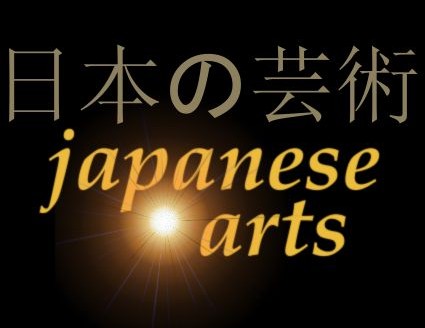| architecture |
| calligraphy |
| ceramics |
| clothing |
| comics |
| gardens |
| lacquerwork |
| literature |
| movies |
| music |
| painting |
| poetry |
| sculpture |
| tea ceremony |
| television |
| theatre |
| weaponry |
| thematic routes |
| timeline |
| the site |
context: poetry > form
The Japanese Language
Japanese is a language rich in subtlety: for instance, verb/adjective suffixes indicate more than just time; they suggest whether the speaker is keen on the idea or not, whether it seems likely or not. Also, loads of words have multiple meanings, which allows all sort of possibilities: using a sequence where lots of words relate on some level (like a thematic motif); parts where a word seems to mean one thing with what precedes, and something different with the next words; as well as simply speaking in symbolic, figurative terms, of course.
I have a feeling that the extreme shortness of most Japanese poetry might have something to do with the origins of writing in Japanese, when one complex Chinese character was used to represent one Japanese syllable. I have no evidence for this, but that was a hideously laborious way to write, and must have favoured brevity.
